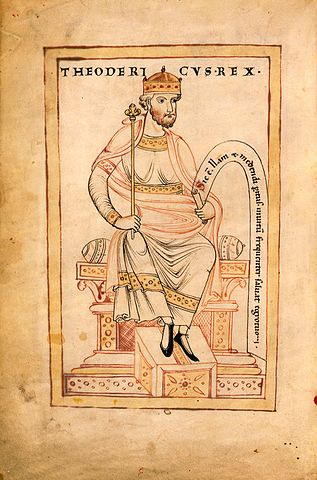
| Further Reading | The 3 Biggest Medieval Kingdoms In Europe |
When people think of medieval kings they think of monarchs with absolute power. While in many situations this was true medieval kings did have 3 major roles and responsibilities they had to fulfill for their subjects. If the king did not uphold and fulfill these roles then chances are they would end up being deposed.
Generally speaking, a medieval king had to fulfill these 3 roles and responsibilities. First, the king had to administer justice and keep order throughout the realm. Second, the medieval king had to give out land to the nobility to ensure their loyalty. Third, the medieval king had to find ways to expand their territory.
It is important to remember that when we are talking about medieval Europe that we remember that we are talking about nearly 1,000 years and several thousand miles. Many different cultures and kings lived during this time. What follows is a generalization of the king’s roles and responsibilities across medieval Europe.
Here at The History Ace, I strive to publish the best history articles on the internet. If in the end, you enjoyed this article then consider subscribing to the free newsletter and sharing it around the web.
Without further ado, here are the 3 roles and responsibilities of medieval kings.
The King Had To Administer Justice And Keep Order
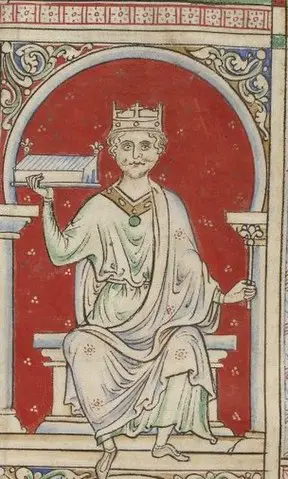
One of the major roles and responsibilities that medieval kings had was to administer justice and keep peace throughout their realm.
Many kings throughout medieval Europe would start to create additional laws once they came to power. This was common and formed the basis of an evolving constitution. If you lived in medieval Europe when another king came to power it was normal to expect some change to state laws.
An example of this can be seen in the 11th century in England when William II of England made a series of new laws designed at uniting all of England under his rule. By combining many local and state-level laws King William II was able to create a solid Kingdom that was under his complete control.
The reason that William II and many other medieval Kings would strive to create absolute power was because of the divide between the desires of the nobility, clergy, peasantry, and the king. Each group of people wanted to seize power and control in their own way. This would lead to huge problems and conflicts in medieval Europe.
An example of a power struggle between the king and clergy can be seen in 1076 when Pope Gregory VII and King Henry IV attempted to install their own bishops over each other. This event is called the Investiture Controversy and it led to almost 50 years of civil war in Germany.
The King had to keep the peace throughout their realm. This often involved nonstop political actions and shows of force. If a king failed to keep the peace then civil war would begin to rip the realm apart as the different ‘factions’ of people would attempt to seize power.
Simply put, the first role and responsibility of a medieval king were to keep the peace and administer justice.
The King Had To Give Out Land To The Nobility To Ensure Their Loyalty
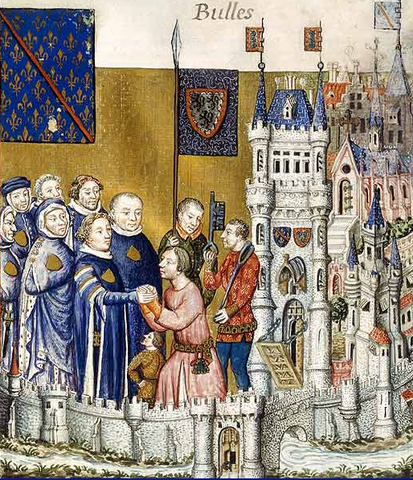
The second role and responsibility of a medieval king were to give out land to the nobility to ensure their loyalty. These ‘land grants’ during the medieval period came in the form of fiefs.
A fief is simply a plot of land given by a king to a lord in return for their feudal service. The nobility would get enough land and peasantry workers to create agricultural products to support themselves. In return, the king would expect to have the absolute servitude of the knight or lord.
However, there is one problem with this economic and political model. What happens when the nobility has children and they inherit the nobilities land? Do you split up the land or only give one child the land? As you might expect this could easily get out of hand as the nobility would have had multiple children.
You cant split up the fief as there would not be enough land for the peasants to farm enough food. As such typically only one child of the nobility would inherit the fief. The other children would have to go off to get their own land.
If the king could not give these nobles land then they would have to take it. This is why during the medieval period there were countless conflicts between the nobility to seize land.
The king had to constantly give out land to ensure that lords and nobles were loyal to his service. This was one of the major roles and responsibilities of kings during the medieval period.
A Medieval King Had To Find Ways To Expand Their Territory
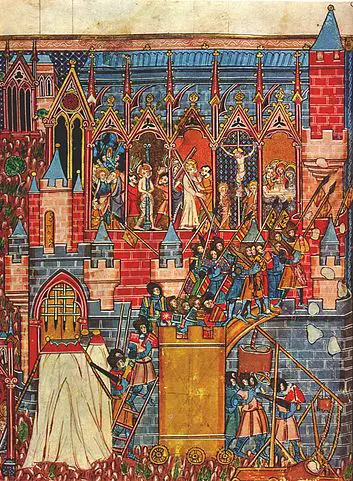
The third role and responsibility of a king were to find ways to expand their domain. The reason for this was that they always had to acquire more land to give away to the nobility. The easiest way to secure new borderlands of territory was to give the land to a lord so that they would have to defend it against raids.
Many of the largest wars during the medieval era were undertaken by kings who wanted to expand their kingdoms. A great example of this would be the 100 years’ war which was fought from 1337-1453 and involved several kings all attempting to gain extra territory from each other.
Having more land would allow a king to have more troops in an army as well as knights to command them. Further, tax collection would become larger as the kingdom created more products. These were primary driving points for acquiring new land.
Kings were responsible for organizing the realm and engaging in political actions that if successful would gather more land and territory under the king’s banner. If the king failed to do this then the nobles would find another way to acquire land. This was because the lords and nobles had to give land to their children. As those kids had kids the land would be further divided.
If a king could not secure more land for the nobility then they were failing to uphold one of their major roles. As such one of the major roles and responsibilities of a medieval king was to aquire more land.
Conclusion
There you have it; an entire article going over the 3 major roles and responsibilities of medieval kings.
Medieval monarchy is a fascinating subject of research. It operated completely differently from the monarchies of today. During the medieval period, the most important thing was acquiring more land and governing that land. This was the major thing that all medieval kings did.
Here at The History Ace, I strive to publish the best history articles on the internet. If you enjoyed this article then consider subscribing to the free newsletter and sharing it around the web.
Further, you can check out some of the other articles below.
-
How The American Revolution Changed The World
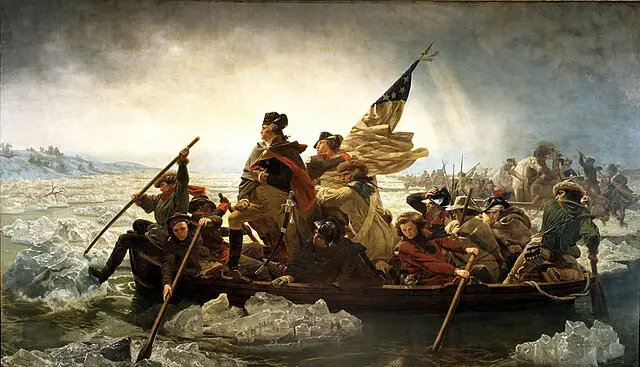
Here is how the American Revolution changed the world. Many people are not aware of just how important this event actually was.
-
Why The Roman People Loved Chariot Racing
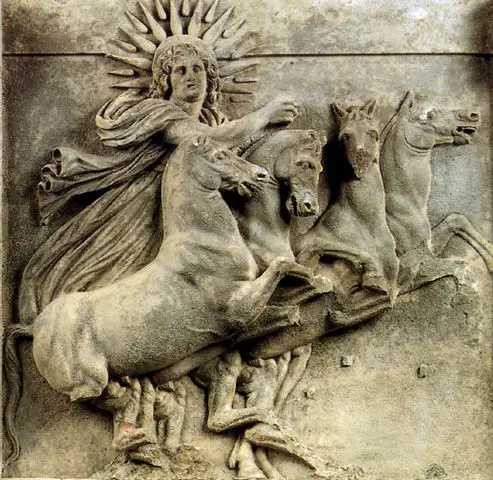
Why did the Roman people love chariot racing? Well it all comes down to these 3 reasons.
-
The Design and Color of Roman Chariots
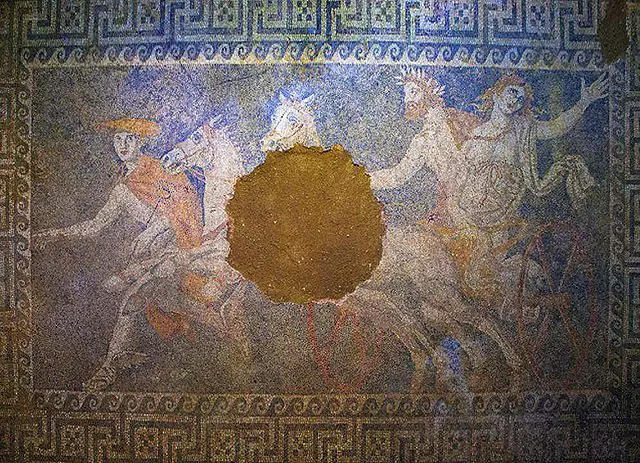
What was the design and color of Roman Chariots? Were they faster or slower then normal chariots? Well here is everything!
Sincerely,
Nick